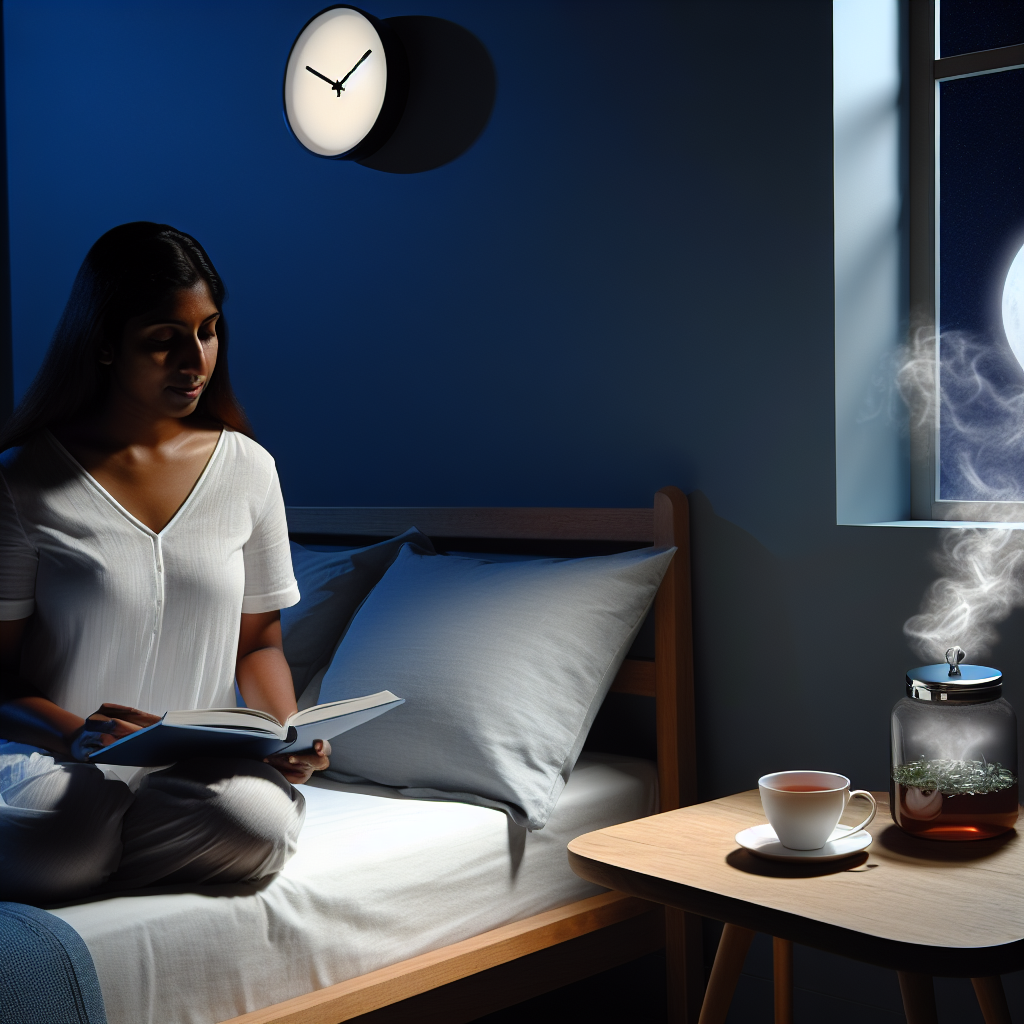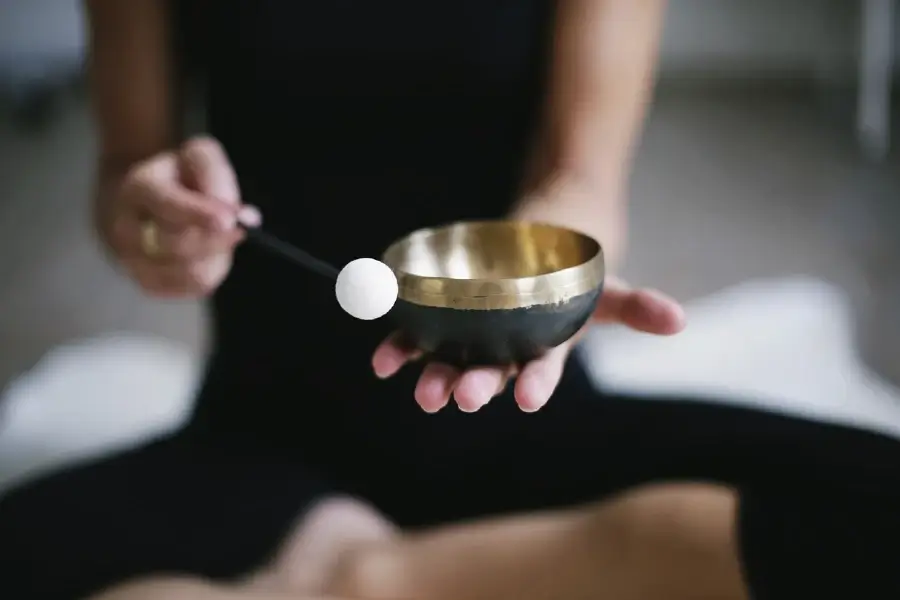Introduction to Sleep Medicine Advances
In recent years, the field of sleep medicine has seen remarkable advances in understanding how alternative therapies can enhance natural melatonin production. While conventional treatments remain valuable, evidence-based complementary approaches offer promising options for sleep optimization.
Mind-Body Interventions for Sleep Enhancement
Meditation and mindfulness practices have shown significant potential in improving sleep quality. A groundbreaking 2021 study in the Journal of Clinical Sleep Medicine demonstrated that mindfulness meditation increased endogenous melatonin levels by 23% in patients with chronic insomnia. The study found that 8-week mindfulness programs improved sleep onset latency and that evening meditation sessions were particularly effective at enhancing natural melatonin production.
Yoga and Movement Therapy Benefits
Yoga and movement therapies have also emerged as powerful tools for sleep optimization. Research published in Sleep Medicine Reviews indicates that specific yoga practices can positively influence melatonin secretion through multiple mechanisms:
Restorative poses increase parasympathetic nervous system activity
Evening yoga sessions improve overall sleep architecture
Pranayama (breathing exercises) help regulate autonomic function
Traditional Medicine Approaches
Acupuncture has demonstrated remarkable efficacy in sleep enhancement through multiple controlled trials. Research shows that stimulation of specific acupuncture points increases nocturnal melatonin levels, while regular treatments improve sleep maintenance. The most successful outcomes often come from combining acupuncture with lifestyle modifications.
Herbal Medicine Research Findings
Several herbal medicines have shown promising results in clinical studies:
Valerian Root works through GABA receptor modulation, with studies showing that doses of 400-900mg improve sleep quality. Chamomile contains apigenin, which binds to benzodiazepine receptors, leading to improved sleep onset and quality. Ashwagandha’s adaptogenic properties support stress reduction, with clinical trials demonstrating improved sleep efficiency.





